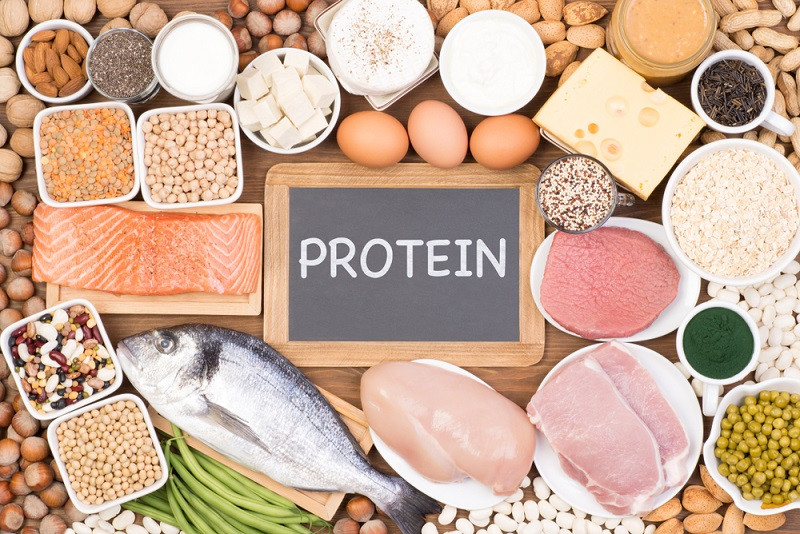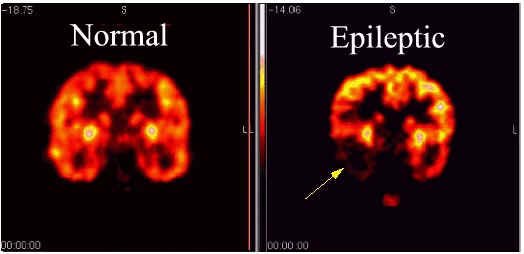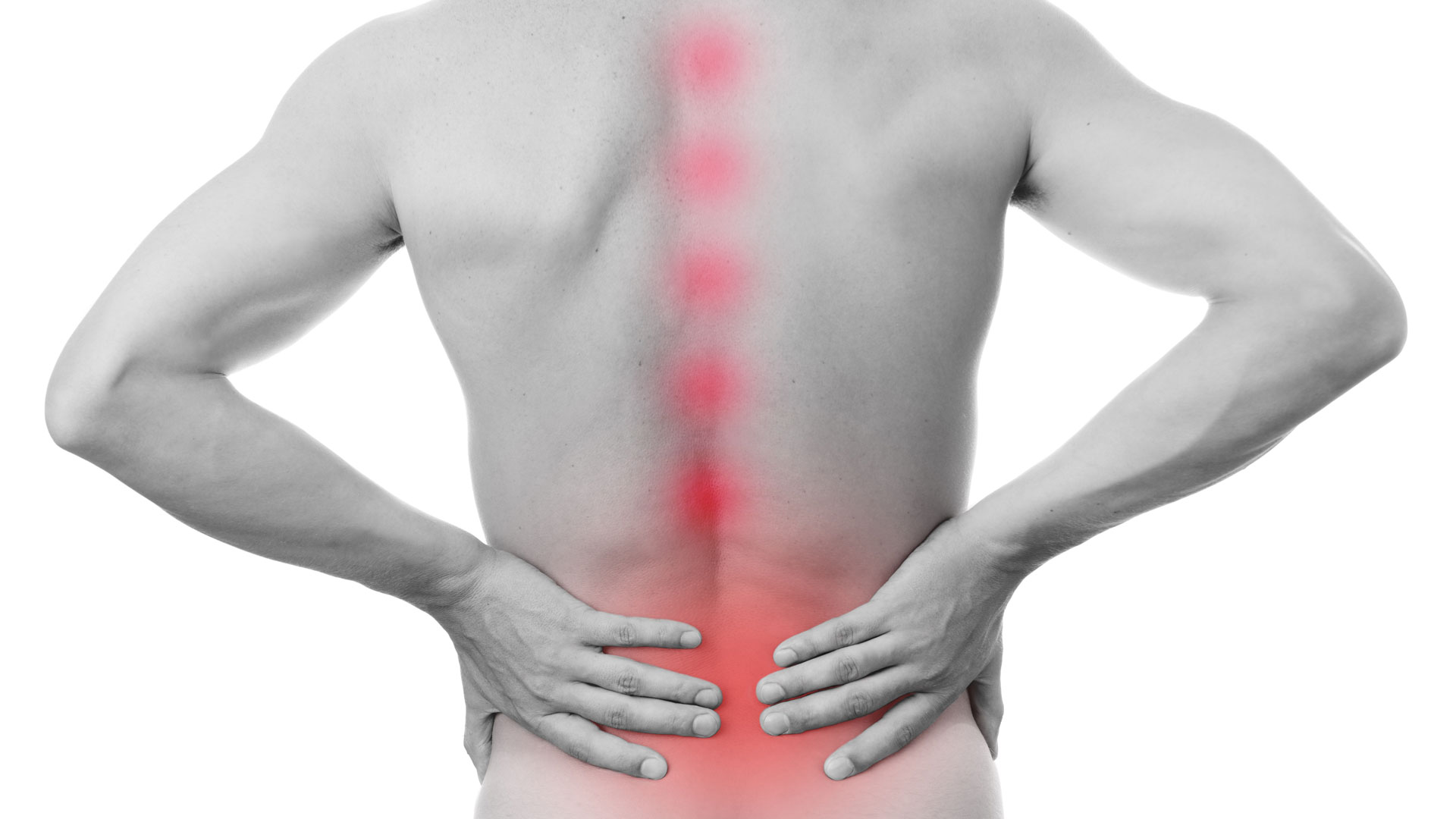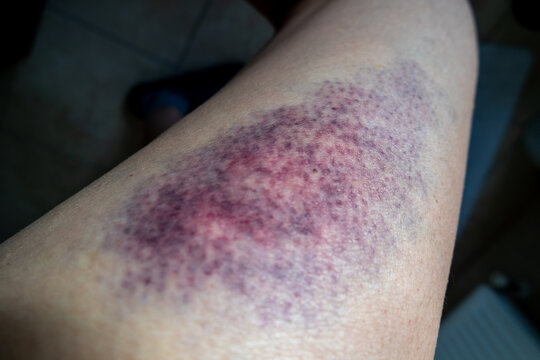ABOUT PROTEIN
They are complex compound consisting- carbon, hydrogen, oxygen, nitrogen, sulphur.
Protein different from carbohydrates and fats in that they contains nitrogen.
Each molecule of protein is made of large number of unit called Amino acid.
It is linked by peptide chain.
There are about 22 Amino Acid which are grouped into "essential" and "non essential" amino acid.
Essential amino acid
Essential amino acid ones are 8 in number.
They are so called because they are not synthesized in the body in required amount.
They are essential today.
Both essential and non essential amino acid are needed for synthesis of tissue protein.
Types
Complete protein
Incomplete protein
Complete protein
A complete protein is one which contains all essential amino acid is required quantity.
It is also called first class protein.
Protein for high biological value.
Ex- Animal protein
Incomplete protein
Ex- vegetable protein ( pulses, cereals)
But exception are there.
Gelatin obtained from animal sources has low biological value
Vegetable source soyaben- High biological value
Supplementary Action of Protein
Cereals protein are deficient in lysine and threonine
Pulses - deficient in methionine
These are known as "limiting amino acid"
When cereals and pulses are eaten together in combination.
Ex- Rice, dal
These are low cost and easily available.
Their deficient amino acid supplement each other providing protein comparable to 1st class protein in respect to essential amino acid. It is known as Supplement Action of Protein.
Function
Essential for growth and development of body
Essential for repair tissue
Maintain osmotic Pressure- maintain fluide balance in the body
Provide energy
Maintain the H iron concentration of body fluids- maintain the acid base balance.
Synthesis of hormones, plasma protein, Hb, enzymes.
Daily requirement
1gm/kg body weight for adult.
More in growing children pregnancy, lactation during Infection, stress, during recovery from disease.
Protein can not be stored in body.
Its daily requirement is essential.
Sources
Animal sources
Meat, milk, egg white, fish, cheese.
Animal protein contain all the essential Amino Acid.
Protein for high biological value.
Vegetable sources
Cereals, pulses, bean, nuts, oil, seed.
Poor in essential amino acid.
Protein for low biological value.







Comments